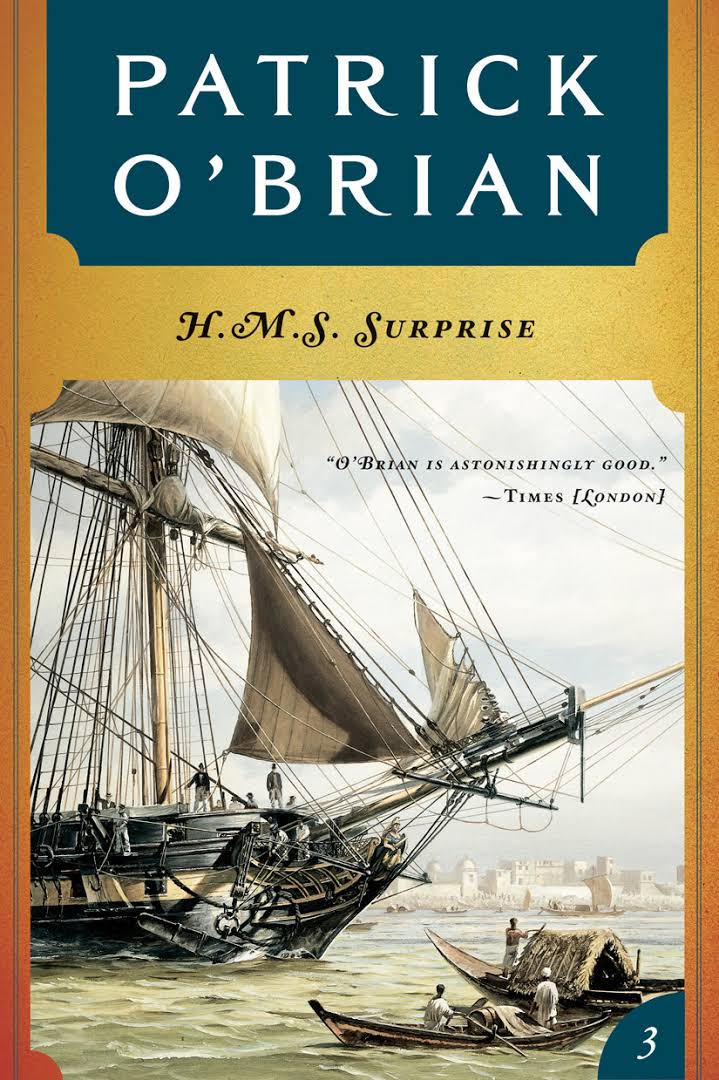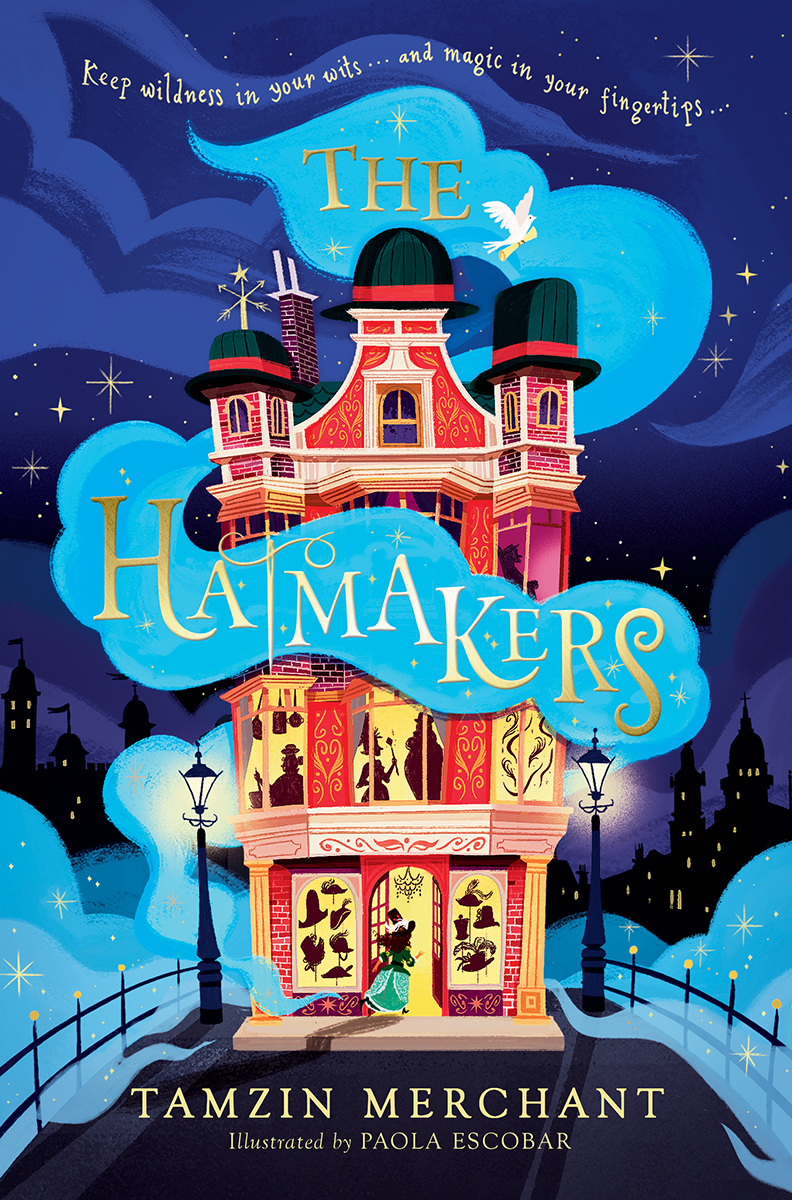The Eyre Affair
by Jasper Fforde
[button color=”black” size=”big” link=”http://affiliates.abebooks.com/c/99844/77798/2029?u=http%3A%2F%2Fwww.abebooks.com%2Fservlet%2FSearchResults%3Fisbn%3D0142001805″ target=”blank” ]Purchase here[/button]
This first of the adventures of British “SpecOps” agent Thursday Next is set in 1985 England– but not quite the same 1985 or the same England we know. In this world, or timeline, or whatever, the Germans won World War II, Wales is a People’s Republic, and England is a police state in which the Goliath Corporation wields a sinister amount of influence. Also, England has been at war with Russia for over 130 years over a muddy little Black Sea peninsula called the Crimea, and the war has not gone well. People take literature VERY seriously– violently, criminally, dangerously so. And among the bizarre things that are possible in this world are time travel, vampires, werewolves, cloning, and reverse extinction (everyone seems to have a pet dodo, for instance).
But now something really weird has become possible. Thursday’s mad inventor Uncle Mycroft has invented a device that allows people from the real world to enter the world of a novel or poem… and to bring back people from the novel or poem, to the real world.
Uncle Mycroft is quite innocent, thinking that this will make a nice form of entertainment– merging the worlds of tourism and literature, maybe. But some really, really nasty people have really, really nasty plans for Uncle Mycroft’s little thingy. One of those people is an arms manufacturer with a name that made me laugh out loud, I don’t know how the guy who plays him in the movie (if there is one) will be able to say it with a straight face. But I can’t print it here.
The other really nasty guy, even worse, is a freakishly powerful, fiendishly evil person named Acheron Hades, who believes that evil for its own sake is more fun than evil for personal gain. Is Hades really all that bad? Well, let’s see. He can hear his name whispered at fifty yards, can steal your will away from you, deceive your senses, and deflect bullets without even trying. Also, he kills without remorse, and has a group of equally remorseless henchmen following him around. So yeah, Hades is pretty bad.
And now Hades has done something that makes killing people look like a mildly bad habit. He has stolen Uncle Mycroft and his latest invention, as well as the original manuscript first of Dickens’ Martin Chuzzlewit (which isn’t so bad) and then of Charlotte Brontë’s Jane Eyre (which is perfectly dastardly), threatening to destroy one of the world’s great literary treasures for ever.
And of all people in the world, the only one who can stop him is Thursday Next. A woman who is struggling to sort out her mixed-up love life, recovering from scenes of death and carnage that have scarred her forever, worried about her Dad who is a rogue time-cop on the run, more worried about her country which may never extricate itself from the Crimean quagmire, and faced with an enemy who has destroyed everyone who has opposed him to his face…except her.
And at the climax of the story, she has to face him inside the world of Charlotte Brontë’s mid-19th-century romantic novel, defending fictional yet very real people from a stone cold killer, fighting to preserve a literary treasure and trying to figure out how to stop a military catastrophe that will almost certainly follow if she succeeds in her mission. Plus, there’s the little matter of the “original” ending of Jane Eyre…
So here is a fascinating, hilarious, exciting, and rather violent story about an alternative-history modern fantasy world, and about real people having adventures together with characters out of classic fiction. With themes that echo Neverending Story, the Hitchhiker’s Guide books, Alice in Wonderland, and the fantasies of Edward Eager, it also has the adult situations, intelligent literary conversation, and rather naughty sense of humor (not to mention language) of, say, Alan Beechey’s Oliver Swithin mysteries. So give it time, youngsters– time you can spend reading Shakespeare, Dickens, Brontë, and Wordsworth, so that you can better enjoy this book!


